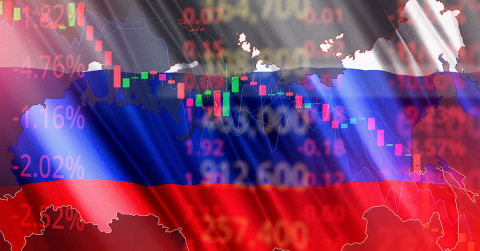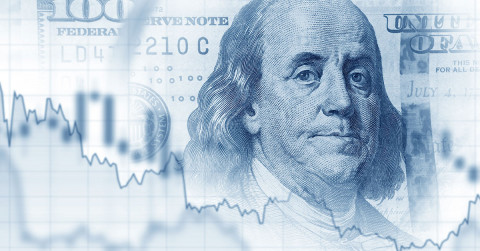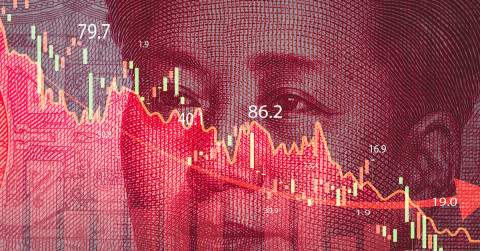-
 FX 101 December 16, 2024
FX 101 December 16, 2024An Analysis of the Russian Economy
The Russian economy is currently the 11th-largest economy in the world by nominal GDP and the fourth-largest economy in...
-
 FX 101 December 9, 2024
FX 101 December 9, 2024What is the Currency in Turkey?
Turkey is a vibrant, popular destination for travel due to its rich history, culture and scenic landscapes. The common...
-
 FX 101 November 25, 2024
FX 101 November 25, 2024What is the difference between Macroeconomics and Microeconomics in Forex?
The foreign exchange market is the largest and most liquid financial market in the world. With daily trading volumes...
-
 FX 101 November 19, 2024
FX 101 November 19, 2024Bitcoin vs. Gold: A Comprehensive Comparison
Gold has been an object of value for centuries, representing wealth, power and stability. Its usage has evolved from...
-
 FX 101 November 4, 2024
FX 101 November 4, 2024Cryptocurrency vs. Traditional Currency: Key Differences Explained
By now, we understand the importance of currency and the important role it plays in human society. Traditionally, currency...
-
 FX 101 October 28, 2024
FX 101 October 28, 2024How Central Banks Govern Currency Values
Currency value impacts both the day-to-day living of individuals and the overall economic health of a nation. To maintain...
-
 FX 101 October 15, 2024
FX 101 October 15, 2024What is Currency Manipulation? Understanding the Basics and Implications
Currency manipulation most commonly refers to the practice of governments deliberately trying to influence their currency’s value in order...
-
 FX 101 September 23, 2024
FX 101 September 23, 2024Top 5 Most Popular Emerging Currencies to Watch in 2025
In the ever-changing world of currency, shifting power and digital innovations are transforming finance. Emerging currencies are rapidly gaining...
-
 FX 101 September 12, 2024
FX 101 September 12, 2024Is the dollar getting stronger or weaker?
The US dollar is known as one of the strongest currencies in the world, and some would argue that...
-
 FX 101 September 5, 2024
FX 101 September 5, 2024Impact of Fintech on the Banking Industry
In recent years, the combination of the two wealthiest sectors of the economy (finance and technology) has led to...
-
 FX 101 July 8, 2024
FX 101 July 8, 2024What is fiat currency?
Fiat currency is a currency that is not fixed to any other commodity and has no intrinsic value. Fiat...
-
 FX 101 July 1, 2024
FX 101 July 1, 2024Will China’s economy collapse?
China’s economy has been through some significant changes in the last few years and in 2024 there have been...
FX 101
CurrencyTransfer makes it easier, faster, and more cost efficient to transfer money across borders. Get started today!
©2024 CurrencyTransfer Ltd. All rights reserved
Terms of Service ◆ Partners ◆ Privacy Policy ◆ Safeguarding of Funds ◆ Complaints ◆ Security and Regulation ◆ GDPR FAQs ◆ GDPR Third Party Apps
CurrencyTransfer provides platform access to an international payment network. All regulated payment services are powered by Payment Partners and full details of the regulatory permissions, the geographical footprint and the company complaints policies can be found here. Any transaction booked via the CurrencyTransfer platform is contracting directly with a clearly identified regulated Payment Partner. Whichever Payment Partner a client may deal with, all client funds remain within the regulated environment throughout the payment lifecycle. CurrencyTransfer does not touch client funds at any point of any transaction.

